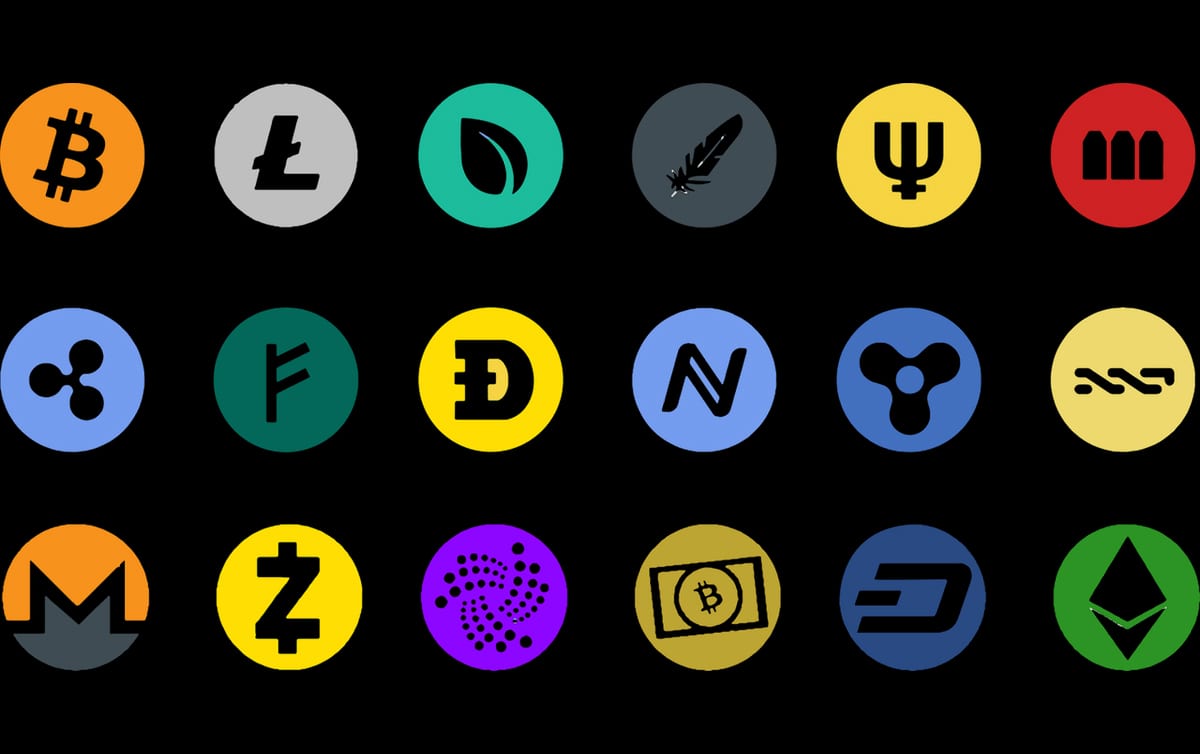
Cryptocurrency Is Now the Second-Riskiest Scam
By Britta Clark
Two years ago, cryptocurrency scams were just emerging as a problem on BBB Scam Tracker, mostly a subset of investment scams. The Better Business Bureau added cryptocurrency as a scam category in 2019, and it leaped to the second riskiest scam, according to the latest BBB report, “New Risks and Emerging Technologies: 2019 BBB Scam Tracker Risk Report.”
Although employment scams remained the riskiest for the second year in a row, the surprise in the data was cryptocurrency in the No. 2 spot with a median dollar loss of $3,000. The report is based on data supplied by consumers to BBB Scam TrackerSM and uses the BBB Risk Index, a unique algorithm that calculates exposure, susceptibility, and monetary loss to offer a more accurate assessment of scam risk.
“Scammers take advantage of newer technologies and changes in the marketplace,” said Melissa Lanning Trumpower, executive director of the BBB Institute for Marketplace Trust, which produced the report. “Cryptocurrency scams rose to the number two riskiest scam in 2019 as scammers took advantage of consumers looking to capitalize on these emerging digital assets. Unfortunately, hype and heightened emotion can sometimes prevent consumers from doing their due diligence to investigate offers and exchange sites before making a purchase.”
Cryptocurrency scams occur when the virtual coins are purchased from, traded by, or stored with a person or exchange site that turns out to be fraudulent. Sometimes these digital assets are purchased as part of a fraudulent Initial Coin Offering, in which investors are scammed into paying money or trading digital assets for a company or product that never materializes.
According to the Risk Report, 68.5 percent of people that reported a cryptocurrency scam lost money, and 31 percent of these losses involved the cryptocurrency exchange site C2CX. Additionally, 23.4 percent of individuals said they purchased cryptocurrency as an investment opportunity.
Unlike money stored in a traditional bank account, which is insured against theft, digital assets such as cryptocurrency cannot be retrieved, and transactions cannot be reversed in the case of theft or hacking.
“Scammers are opportunists,” said Trumpower. “Whatever is in the news or being talked about on social media they see as an opening. Scammers will also imposter a recognizable and respected organization or brand.”
The 10 riskiest scams of 2019 were employment, cryptocurrency, online purchase, fake checks/money orders, advance-fee loan, romance, home improvement, investment, tech support, and travel/vacation/timeshare.
Viewpoints and perspectives expressed throughout The Independent are those of the individual contributors. They do not necessarily reflect those held by the staff of The Independent or our advertising sponsors. Your comments, rebuttals, and contributions are welcome in accordance with our Terms of Service. Please be respectful and abide by our Community Rules. If you have privacy concerns you can view our Privacy Policy here. Thank you!
Click here to submit an article, guest opinion piece, or a Letter to the Editor

Emerging cryptocurrency point-of-sale tech finally solving the mass-market Bitcoin blockade



